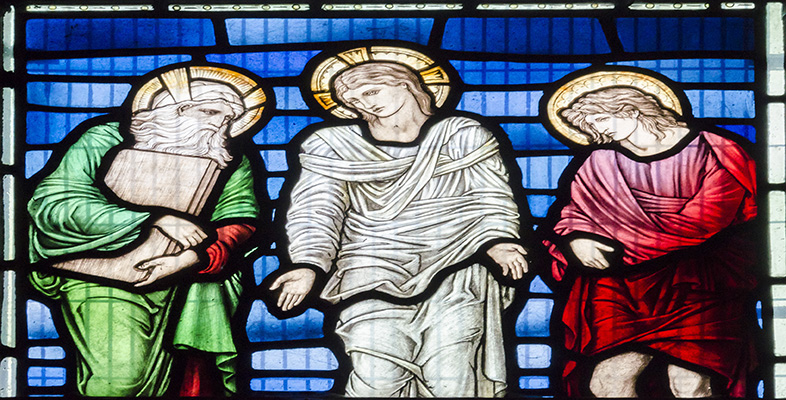Finding the shape of Aquinas’s argument
Activity 9
Part 1
Have another look at the passage from Aquinas. Can you see anything like the structure of the argument described in the previous section? Try to identify the premises and conclusion.
In the world that we perceive around us we find an order of causes. In each ordered series of causes, the first item is the cause of the next item, and this in turn is the cause of the final item (though there may be more than one intermediate step); and if any one cause is taken away, the effect will also be absent. Hence if there was not a first item in the series of causes, there will be no intermediate or final items. But if the series of causes stretches back to infinity, there will be no first cause, which will mean that there will be no final effect, and no intermediate causes, which is patently not the case. Hence it is necessary to posit some first cause; and this everyone calls ‘God’.
Discussion
Despite the complexities of Aquinas’s argument, we can represent its basic moves in a simple form.
Premise 1
If there is no first item in an order of causes, there can be no other items after it (no intermediate causes, and no final effects).
Premise 2
In the order of causes which is the world, there obviously are intermediate causes and final effects.
Conclusion
So the world must have had a first cause, and this everyone calls ‘God’. (From Premise 1 and Premise 2.)
If you look again at the end of the passage from Aquinas quoted above, you should be able to see this argument there, almost word for word. So this simple argument seems a fair representation of what Aquinas was getting at.
‘An order of causes’, remember, is a sequence in which one thing brings about another, and that in turn brings about something else. The world is like that, says Aquinas: it contains an order of causes.
So how does that fact get us any nearer establishing God’s existence? Aquinas answers: because the order of causes has to start somewhere. If there is no first cause, there won’t be any subsequent causes or effects. As with our picture of the dominoes, something outside the order of causes must get it going in the first place.
Part 2
Do you think this argument of Aquinas’s for God’s existence is a good one?
Discussion
Here are the three main questions about the argument that occur to me:
- Why does the first cause have to be God?
- If we need God to explain the existence of the world, then don’t we need something to explain the existence of God?
- Why couldn’t an order of causes have no start, but stretch on back through time to infinity?
I will now offer some comments on each of these questions in turn. In each case, I will expand on the worry that the question expresses, and then suggest how that worry might be met.
